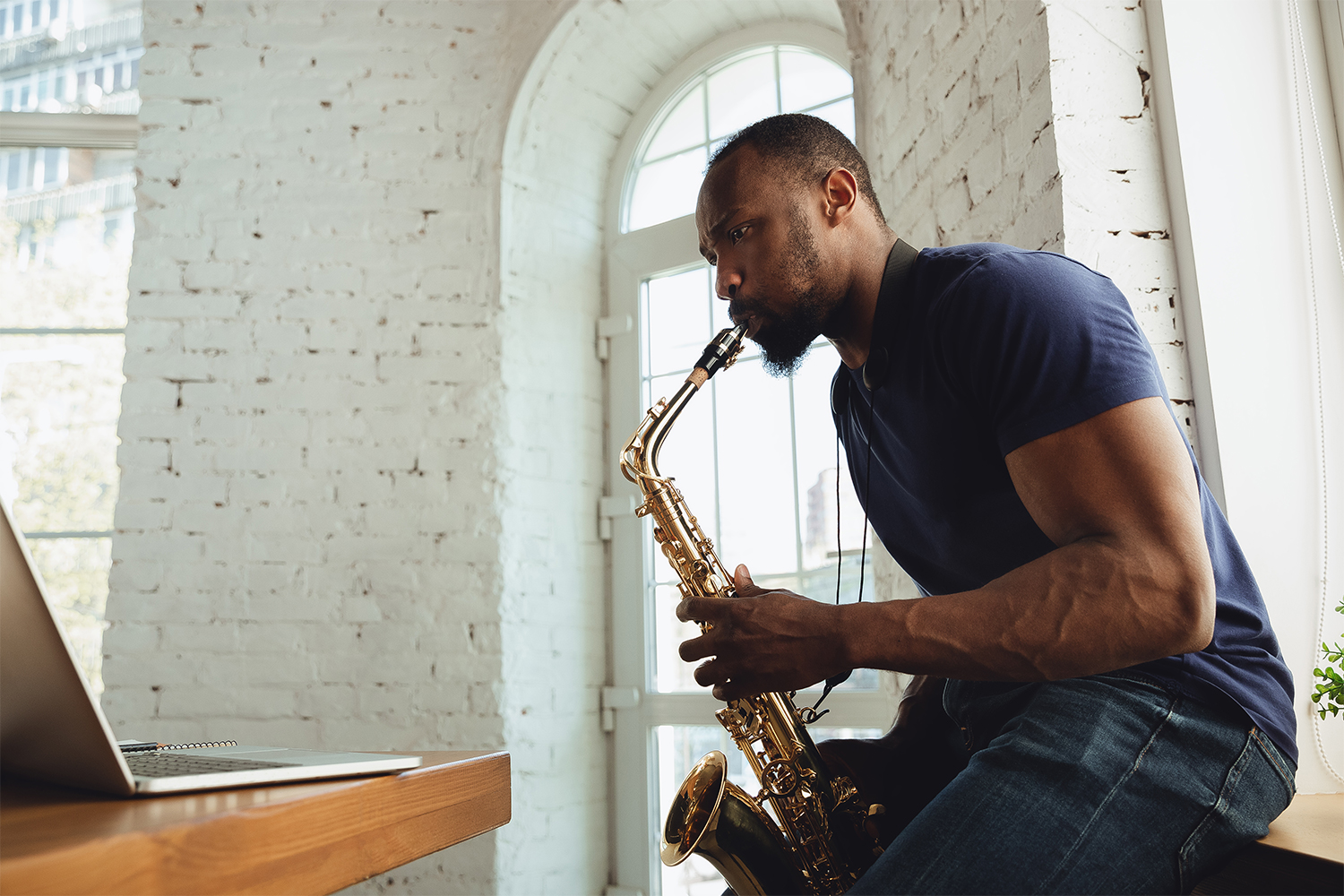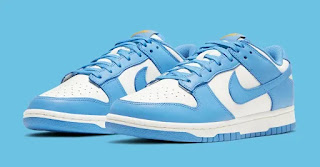3 Benefits From Learning A New Instrument
If you’re a songwriter or professional performer, the thought of learning a new instrument might sound fun but not worth your time. You might figure there’s more than enough new ground to cover on your current instrument or instruments, so why take the time to learn something completely new? Learning a new instrument gets you out of the musical mindset you’re currently in, and this is essential for creativity and growth as an artist. You don’t need to master a new instrument in order to get the benefits of learning it. Instead, tackling a few basics will give you a new creative perspective and countless musical directions to work with. Here are a few important reasons why you might want to consider learning a new instrument as a serious musician:
It gets you musically and creatively re-engaged
Each of us has a unique relationship with music. If you’ve been writing music and/or playing shows for more than a few years, then you have a long-term relationship with music. By doing the same sort of things year after year in music, you run the risk of getting bored and stagnating. It’s crucial that we keep throwing new energy into the mix of our musical lives to keep things challenging and interesting. Tackling an entirely new instrument is a great way to do this. It will get you thinking about music in an entirely new way, even when it comes to playing the instrument or instruments you already know and love. If you find yourself bored, jaded, and falling out of love with music, this is a solid option for bringing new energy and possibilities into the mix.
It makes you curious and uncomfortable
Let’s not veer away from the topic of music becoming too comfortable and predictable in our lives just yet. You shouldn’t want to crawl out of your skin every waking moment that you perform or write music, but if you want to feel engaged and challenged, some amount of discomfort and curiosity needs to be thrown into the mix. If you’ve played drums, and saxophone, or have sung for years, you already know your way around your instrument. Picking up a new one disorients you in a powerful way, even if you’re intuitively musical, and not knowing what you’re doing leads to tons of growth and change as an artist. This sort of uncertainty forces you into a corner where you only have your musical intuition and wits to rely on. It changes the narrative from you know how things work to you not having a clue, and that’s a beautiful and essential thing.
It provides new musical options you couldn’t have found any other way
Working within the musical systems you already know limits you to a certain amount of creative paths to walk down. When you mess around with the guitar starting with a G Major chord, you’ll probably stick within a set framework of ideas that are difficult to break out of. But when you experiment on a new instrument, who knows what will happen. All your typical ways of doing things fly out the window, so you have to experiment to come up with new ones. The results of doing this are often musical ideas you stumble upon that you wouldn’t have discovered any other way. Melodies, chord progressions, riffs, and beats that were once not accessible to you become a part of your new musical vocabulary. Will everything you write become a part of a song you release? Definitely not, but some will. Plus, the exercise will help you learn that you’re never aware of the entire musical story of possibilities, and that’s a beautiful and hopeful thing to ponder.
Making music can be easy, but it’s rarely fruitful when things feel predictable and boring. Learning a new instrument is one of the many ways to inject intrigue, risk, newness, and fun into your process whether you’re playing on stage or writing a new album. When we let ourselves fail, have fun, and explore music on its own terms, we grow and evolve as artists. And if you’re intent on doing what you do over the long term, this is an essential part of doing what it takes to thrive as a musician.




Comments
Post a Comment